Sikh Coalition backs Supreme Court case on religious rights of prisoners
Notre Dame Law School filed an amicus brief supporting Damon Landor’s case on forced religious violations in jails.
 The coalition’s position was filed through an amicus brief by Notre Dame Law School’s Lindsay and Matt Moroun Religious Liberty Clinic on Sept.3. / The Sikh Coalition
The coalition’s position was filed through an amicus brief by Notre Dame Law School’s Lindsay and Matt Moroun Religious Liberty Clinic on Sept.3. / The Sikh Coalition
The Sikh Coalition has joined a coalition of religious organizations in supporting a prisoner’s case before the U.S. Supreme Court on the right to seek monetary damages for violations of religious freedom.
The coalition’s position was filed through an amicus brief by Notre Dame Law School’s Lindsay and Matt Moroun Religious Liberty Clinic on Sept.3. The case, Landor v. Louisiana Department of Corrections and Public Safety, involves Damon Landor, a devout Rastafarian who says prison officials forcibly shaved his dreadlocks just three weeks before his scheduled release, despite his religious objections.
“If people who are imprisoned are victims of egregious conduct towards their religion, they should be able to receive damages—else they have no real remedy,” said Marissa Rossetti, staff attorney for the Sikh Coalition. “Given that Sikhs and other marginalized religious groups continue to have their rights trampled within the prison system, we support Mr. Landor's case as a means to secure justice for himself and strengthen protections like RLUIPA for all.”
The Religious Liberty Clinic filed the brief on behalf of the Sikh Coalition, the Bruderhof Christian community, the Jewish Coalition for Religious Liberty, and CLEAR (Creating Law Enforcement Accountability and Responsibility) at the City University of New York School of Law.
Lower courts had dismissed Landor’s claims, ruling that the Religious Land Use and Institutionalized Persons Act (RLUIPA) does not permit monetary damages against state officials. The Fifth Circuit affirmed the decision, but six judges dissented, saying the statute does authorize damages. The U.S. Solicitor General later urged the Supreme Court to hear the case. Arguments are scheduled for Nov.10, 2025.
“Damages are often the only form of relief that can remedy religious harms,” said Meredith Kessler, staff attorney for the Religious Liberty Clinic. “A court order preventing government officials from violating RLUIPA does no good after a prisoner is released or moved to another facility.”
Professor John Meiser, director of Notre Dame’s Religious Liberty Clinic, said the case offers a crucial teaching moment for students. “The opportunity to represent different religious communities in defense of religious freedom for all people—especially those most in need—is an irreplaceable learning experience,” he said.
Notre Dame Law students Cathy Kolesar and Brandon Enriquez worked on the brief with clinic attorneys.
ADVERTISEMENT
ADVERTISEMENT
E Paper
Video




 Pranavi Sharma
Pranavi Sharma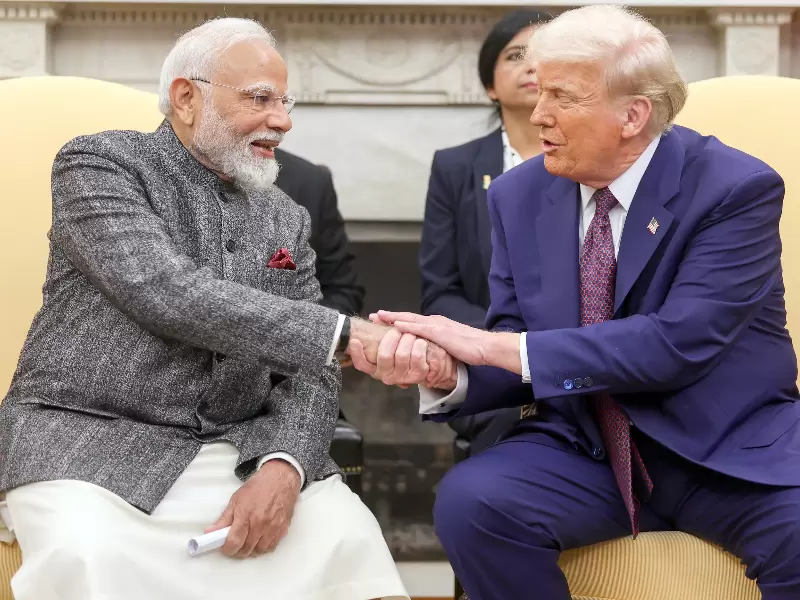

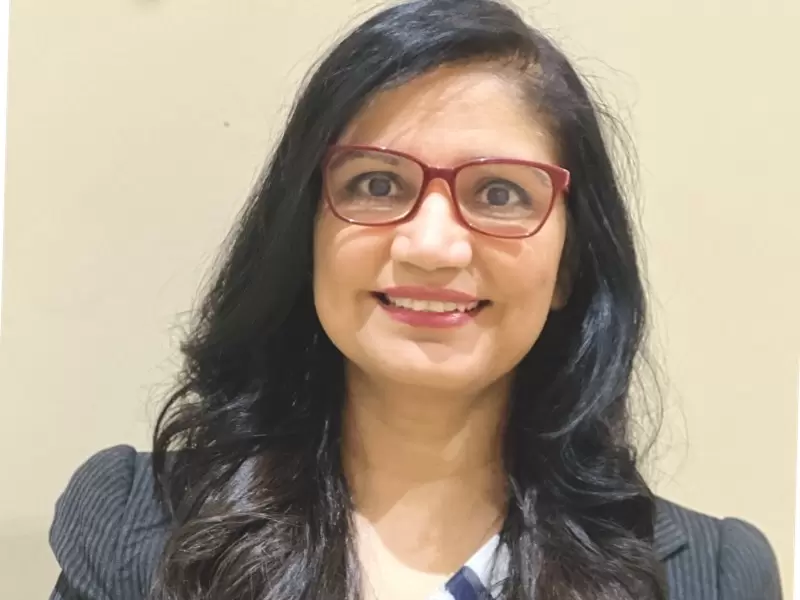
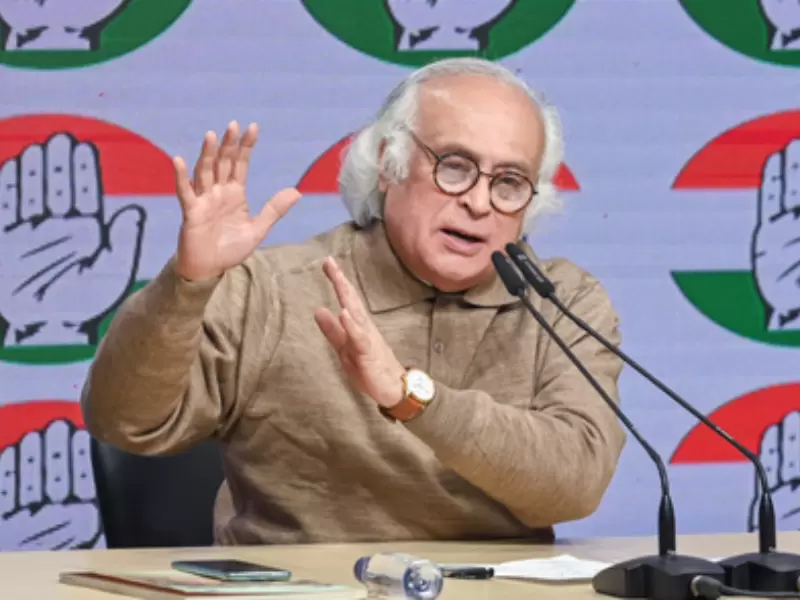
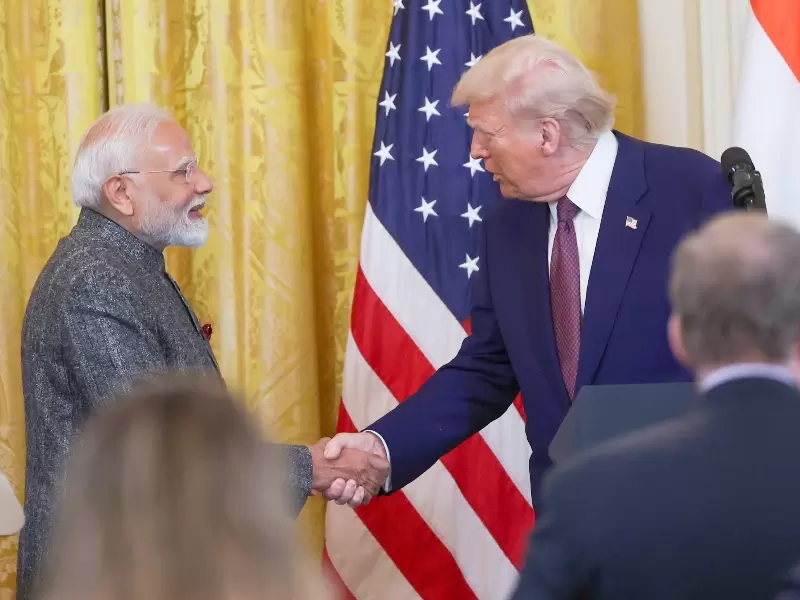

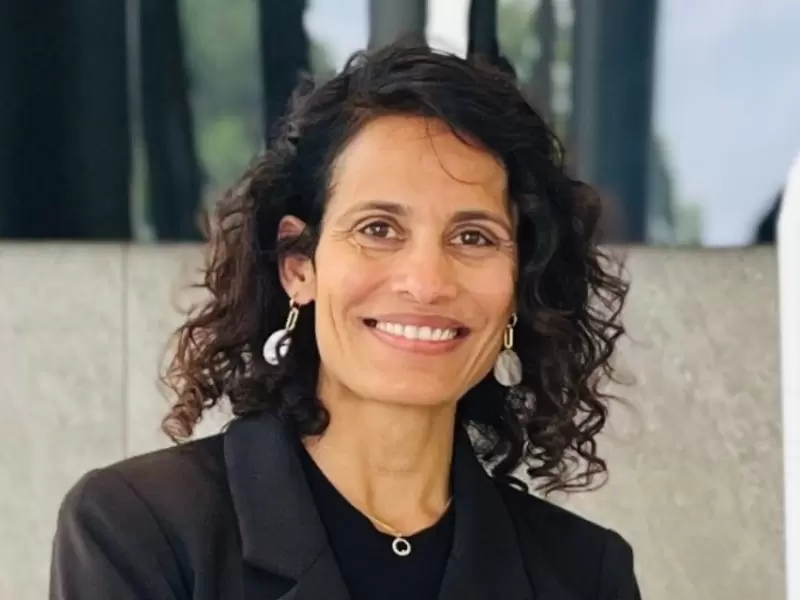
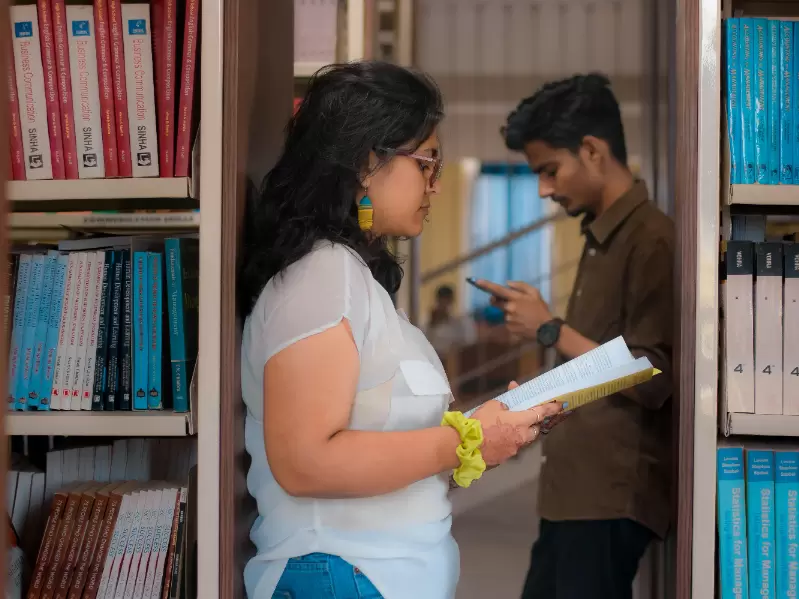
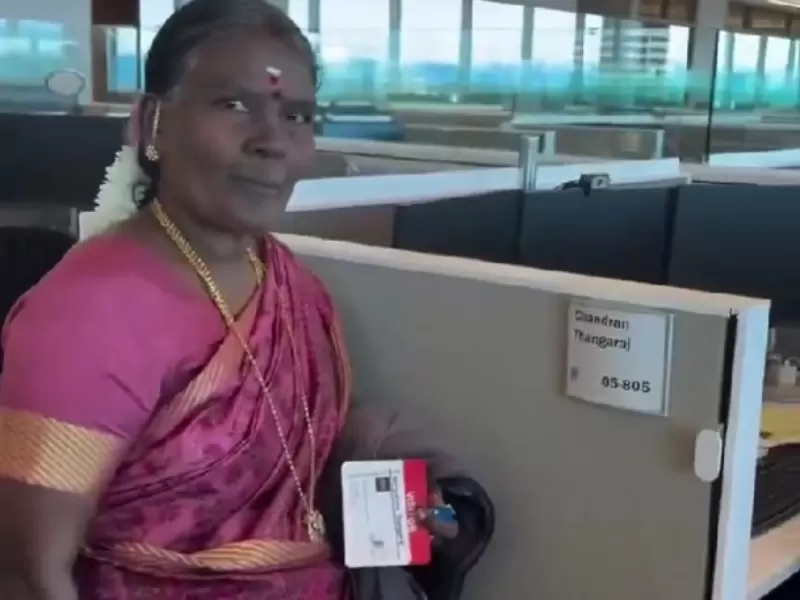
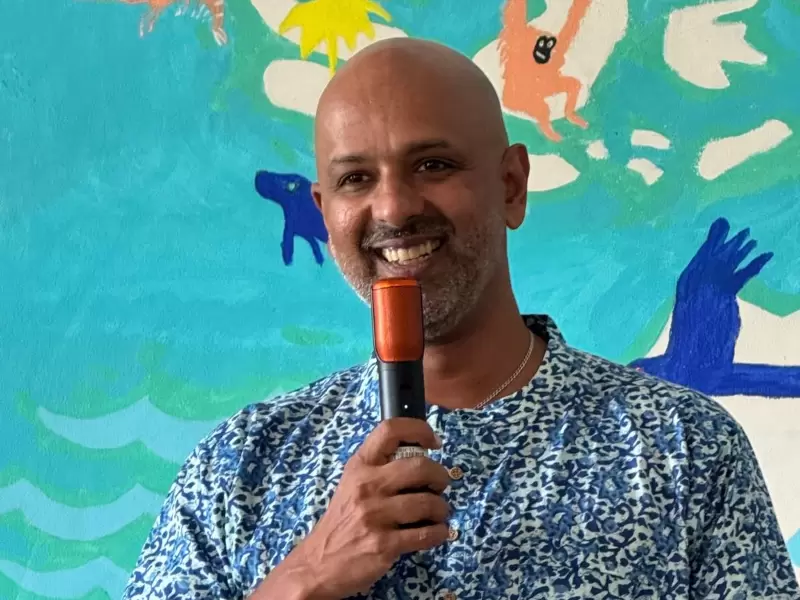
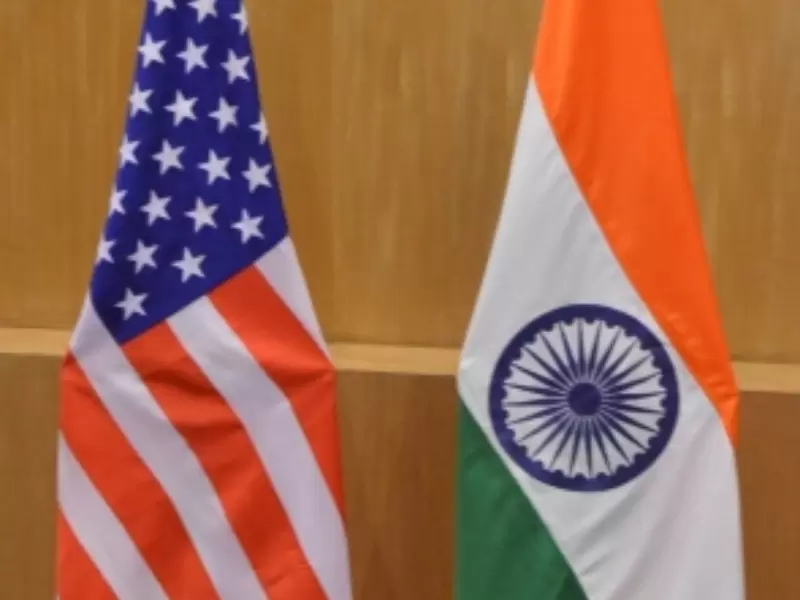
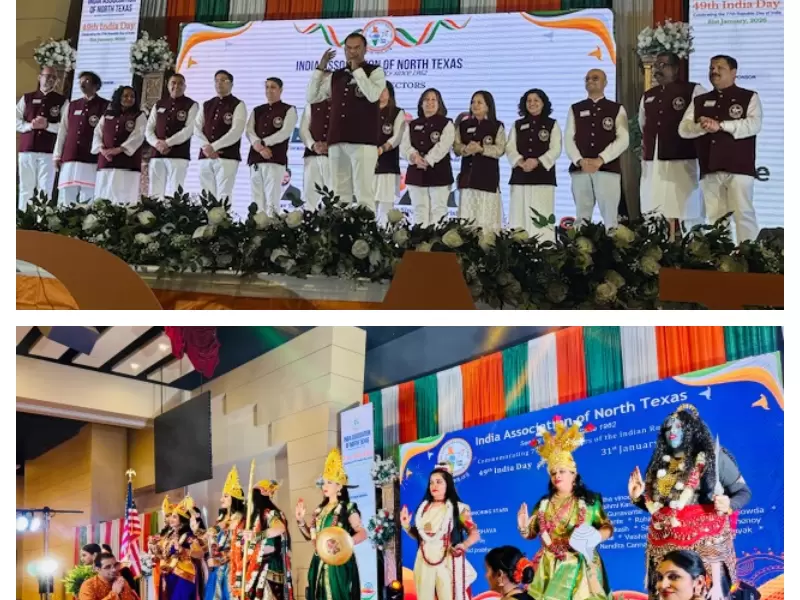


Comments
Start the conversation
Become a member of New India Abroad to start commenting.
Sign Up Now
Already have an account? Login